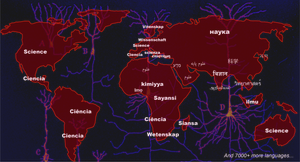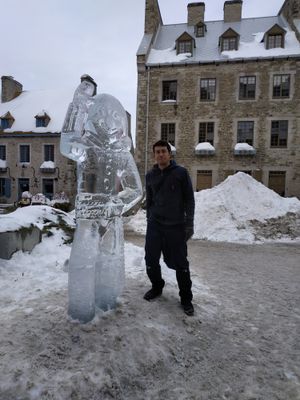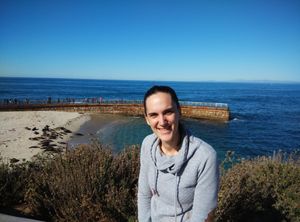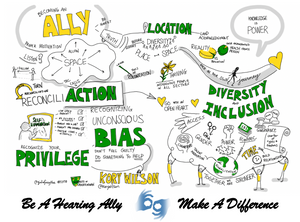As early career scientists (ECRs), we are expected to master an always growing list of diverse skills, and to do it as quickly as possible. We have to design and run experiments, analyze data, make convincing figures, present our data at lab meetings, train students, write papers, etc. Apart from the skills that may be lab- and project-specific, we are also expected to become efficient writers and communicators, collaborators, and even merchants (as we have to be able to "sell" our research in order to obtain funding). The learning path to these tasks poses unique challenges to each training scientist. But for some of us, the hurdles can be quite big, and can even become insurmountable.
Facing so many hurdles all throughout their lives, young people with disabilities consistently lag behind nondisabled peers when comparing academic achievements.
For instance, a scientist with a speech, or a hearing impairment will have a much harder time presenting and discussing their data in lab meeting or at conferences. For a person in a wheelchair, getting around campus and lab will present a real challenge, not to mention reaching items on a bench. Not all disabilities are equally obvious or visible to everyone. Take for instance a person with a chronic illness who has to limit their workload to prevent their disease from flaring up.
Facing so many hurdles all throughout their lives, young people with disabilities (PWD) consistently lag behind nondisabled peers when comparing academic achievements. As a consequence, PWD are largely underrepresented among academics, despite their large numbers (In the US for instance, one in four has a disability). The barriers to participation for PWD are not only limited to physical barriers but also include social stigmas, stereotypes and ableist behavior (the idea that PWD are inferior to non-disabled people).
How can we create more equity in our environment? We have to start by opening up the conversation, and by becoming aware of the challenges people around us face.
The examples we brought up in this blog post are not meant to generalize the various issues faced on a daily basis by a person with any disability. By no means do we (the editorial team) pretend to understand the complexity or frequency of the barriers faced by PWD. But we realize that we are lacking this awareness, and we want to overcome the implicit biases we may have against PWD. As we find ourselves in the position to amplify the voices of any and all ECRs, we want to make a good use of our space of communication and take action to make our environment as inclusive as possible.
So, how can we (all of us) create more equity in our environment?
We have to start by opening up the conversation, and by becoming aware of the challenges people around us face. Only then can we successfully advocate for, and implement the necessary changes. To spark this conversation, we decided to add a new section to the ecrLife blog that is dedicated to the accessibility and inclusivity in science.
It is time for the entire scientific community to step up and defend the rights of scientists with a disability, so that they do not stand alone in advocating for truly accessible science. We all must become aware and proactive allies. Are you an early career scientist (or an aspiring scientist) with a disability who wants to highlight the biases or issues you face in your daily scientific life? Are you a scientist in a caregiving position to a person with a disability? Do you have ideas on how to make our scientific environment more accessible and inclusive? We can't wait to hear from you!








